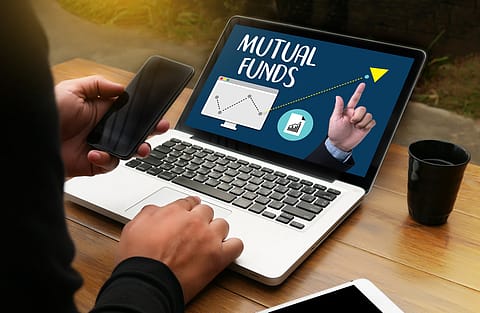How ₹10 lakh became ₹4.85 crore in ICICI Prudential Value Fund
The fund does not follow its benchmark blindly and prefers to move across sectors based on where value appears

If someone had put ₹10 lakh into the ICICI Prudential Value Fund when it started on 16 August 2004, that money would not be small today. By October 31, 2025, it would have grown into a huge ₹4.85 crore. That works out to about 20.1% compounded annual growth.
To understand how big that number is, look at the Nifty 50 TRI. The same ₹10 lakh would have become around ₹2.1 crore. This shows that the fund has not just protected wealth but has created far more than the broader market for long-term investors, according to the ICICI Prudential Fund note.
The SIP story is equally strong. A simple ₹10,000 monthly SIP, adding up to ₹25.5 lakh over the years, would now be worth about ₹2.4 crore. If someone had done the same SIP in the benchmark, it would be closer to ₹1.2 crore. The difference shows the power of sticking with a proven value strategy, as per the note.
The release also stated that in the last one year, the fund has beaten its benchmark by 2%. Over three years, the gap has widened to 4.8%. Because of this steady outperformance, the fund continues to remain among the top names in the value category across many time frames.
What the portfolio looks like
As of October 31, 2025, about 87% of the fund is in large-cap stocks. The rest sits in mid- and small-cap names. The fund does not follow its benchmark blindly and prefers to move across sectors based on where value appears. At present, it holds more than usual in software, pharma, healthcare and banks, and keeps lighter positions in cement, internet, retail and metals, according to the ICICI Pru Fund note.
Should investors look at value funds now?
Recommended Stories
Sankaran Naren, ED & CIO at ICICI Prudential and the fund’s manager, says there are two sensible choices at times when global markets are near all-time highs: follow asset allocation strictly or choose value investing. He believes that even in strong market conditions, some parts of the market fall behind and open up chances for patient investors. Today, he feels that “quality” companies offer good relative value. His long experience and contrarian style give weight to this view.